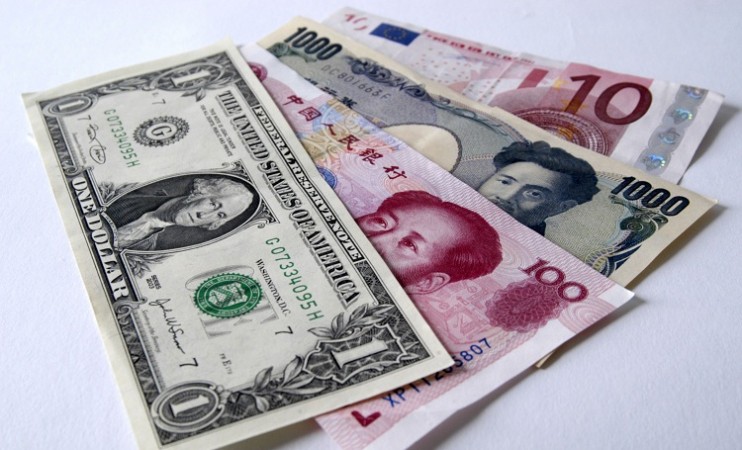
The US dollar soared to a new 20-year high versus the Japanese yen on Tuesday and hit a two-year high against the euro, supported by high U.S. Treasury yields.
For the first time in more than two years, the dollar index, which compares the greenback to six other currencies, surpassed 101. During early trade, it was 0.07 percent lower at 100.74, down 0.1 percent. The dollar's gains have been particularly noticeable versus the yen, which has climbed to its highest level of 128.32 yen since May 2002. It was last trading at 128.24 yen, up 1.3 percent.
So far this month, the dollar has gained 5.4 percent against the yen, the second-largest monthly percentage increase since 2016, behind 5.8 percent last month. The euro regained some ground versus the dollar, trading at USD1.08095, up 0.25 percent from last week's two-year low of USD1.0756.
The dollar has been supported by expectations that the US Federal Reserve will tighten its monetary policies. Inflation in the United States is "far too high," according to St. Louis Federal Reserve Bank President James Bullard, who reiterated his case for raising interest rates to 3.5 percent by the end of the year.
Meanwhile, the Bank of Japan has intervened to keep the yield on 10-year Japanese government bonds around 0% and no higher than 0.25 percent. Many investors believe the yen will continue to plummet. According to the most recent CFTC data, net short yen positions are at their highest level in three and a half years.
The Australian currency climbed 0.56 percent from Monday's one-month low to USD0.739 on Tuesday, bolstered by minutes from the Reserve Bank of Australia's April policy meeting, which showed the central bank was on the verge of hiking interest rates for the first time in over a decade.
Aviation turbine fuel price up, rates at record high
BRICS countries agree to work together closely to address global concerns
Inflation in the United States has reached a 40-year high
Political turmoil in Pakistan generates serious doubts about policy continuity: Moody's.